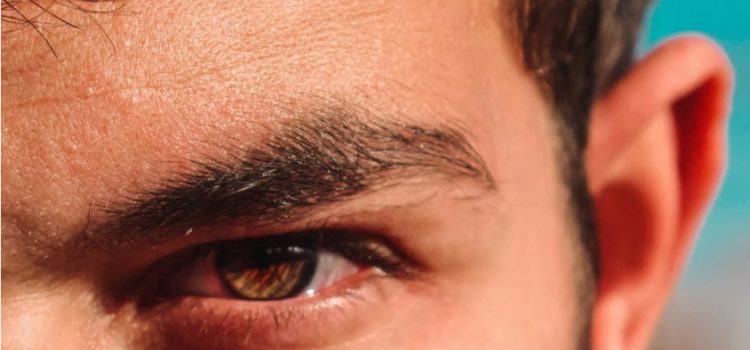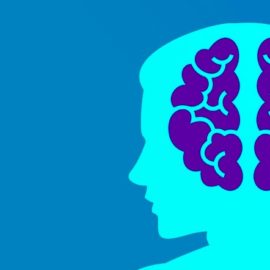

This article is an excerpt from the Shortform book guide to "Power" by Shahida Arabi. Shortform has the world's best summaries and analyses of books you should be reading.
Like this article? Sign up for a free trial here.
Do all narcissists act the same? What causes narcissistic personality disorder in children?
Power by Shahida Arabi says that the clinical definition of NPD includes feeling superior to others, a desire for constant admiration of their superiority, a lack of empathy, and more. Narcissists tend to control and abuse their romantic partners in strategic and sadistic ways.
Below we’ll look at the possible causes of narcissistic personality disorder, stemming back to childhood.
What Causes NPD?
What causes narcissistic personality disorder? According to Arabi, psychology experts haven’t identified a definitive cause for this mental disorder. She explains that there are several biological and environmental factors, often overlapping in individuals, that likely cause NPD. Most importantly, Arabi notes, people develop NPD during childhood, so a victim of narcissistic abuse is never the cause of the narcissist’s behavior.
(Shortform note: Although NPD develops during childhood, clinicians don’t diagnose NPD until someone is at least 18 years old. This is because adolescents naturally tend to be more self-centered than adults—they focus on their own needs and don’t think as much about the desires and needs of others. As adolescents mature into adults, they normally learn to empathize more with others and become less self-centered. Therefore, clinicians often wait until a person is more developed to evaluate for this disorder.)
In addition, Arabi says that despite the underlying causes of NPD—which aren’t in the narcissist’s control—any abuse the narcissist enacts is a conscious choice they make, so they should still be held accountable for it. (Shortform note: In Why Does He Do That?, Lundy Bancroft identifies a few indicators that support the assertion that abuse is a deliberate choice: Abusers can put on their charming, non-abusive persona when around other people, they claim that they never go “too far” showing that they believe their actions are justified, and they don’t inconvenience themselves when they get violent (by avoiding damaging their own belongings, for example).)
At the biological level, narcissism is a trait that can be passed down genetically (but isn’t always). In addition, research shows that narcissists have distinct anomalies in their brains, particularly in areas associated with empathy and compassion. (Shortform note: Research indicates that the specific parts of the brain affected in people with NPD are the anterior insula and the cerebral cortex. A study using brain imaging showed that narcissists have abnormal gray matter (tissue that enables communication within the brain) in both of these areas, reducing the person’s ability to feel compassion for others.)
NPD can also arise when children are raised in an environment that causes either extremely high or low self-esteem. For example, children are more likely to develop NPD if they’re raised without any rules or boundaries, are continually told that they’re special and perfect, or are lavishly praised and valued for specific traits like their appearance. In these cases, the child becomes entitled to positive attention and expects it from everyone else, too.
On the other hand, children who are neglected by their parents and adopted children who feel they have to compete with their non-adopted siblings are also at a higher risk of becoming narcissists. In these circumstances, children may develop NPD (a specific type called “vulnerable narcissism”) to compensate for feeling undervalued.
(Shortform note: One key distinction between vulnerable narcissists and the second type arising from very high self-esteem, “grandiose narcissists,” is that vulnerable narcissists tend to be more introverted and socially avoidant. In contrast, grandiose narcissists tend to be highly extroverted and easily charm others in social situations.)
In the case of both overindulgence and neglect, the children who develop NPD don’t have a healthy sense of self in which they feel worthy for who they are, and not for their talent, appearance, or other desirable traits. (Shortform note: Some experts recommend encouraging healthy development in children—especially those who exhibit warning signs of NPD such as bullying—by valuing traits such as honesty and kindness, putting a stop to entitled behavior, encouraging the child to be considerate of others, and encouraging them to take responsibility for their mistakes.)
In addition, exposure to narcissistic parents increases the risk of NPD because children can learn to mirror the behavior. When this exposure doesn’t result in NPD, it still makes people more likely to become victims of narcissistic abuse later in life because the person was conditioned from a young age to appeal to their narcissistic parent for survival.
(Shortform note: Research shows that the children of narcissistic parents suffer from abnormal brain development in their amygdala (which contributes to emotions like fear, shame, and guilt) as well as the hippocampus (which contributes to learning and memory formation). Abuse from narcissistic parents shrinks these parts of the brain, which reduces the child’s ability to manage emotions like shame later in life and can lead to a heightened fear response and panic disorders.)

———End of Preview———
Like what you just read? Read the rest of the world's best book summary and analysis of Shahida Arabi's "Power" at Shortform.
Here's what you'll find in our full Power summary:
- A look at the severe condition called Narcissistic Personality Disorder (NPD)
- How to avoid or end relationships with narcissists
- Advice for healing after narcissistic abuse






